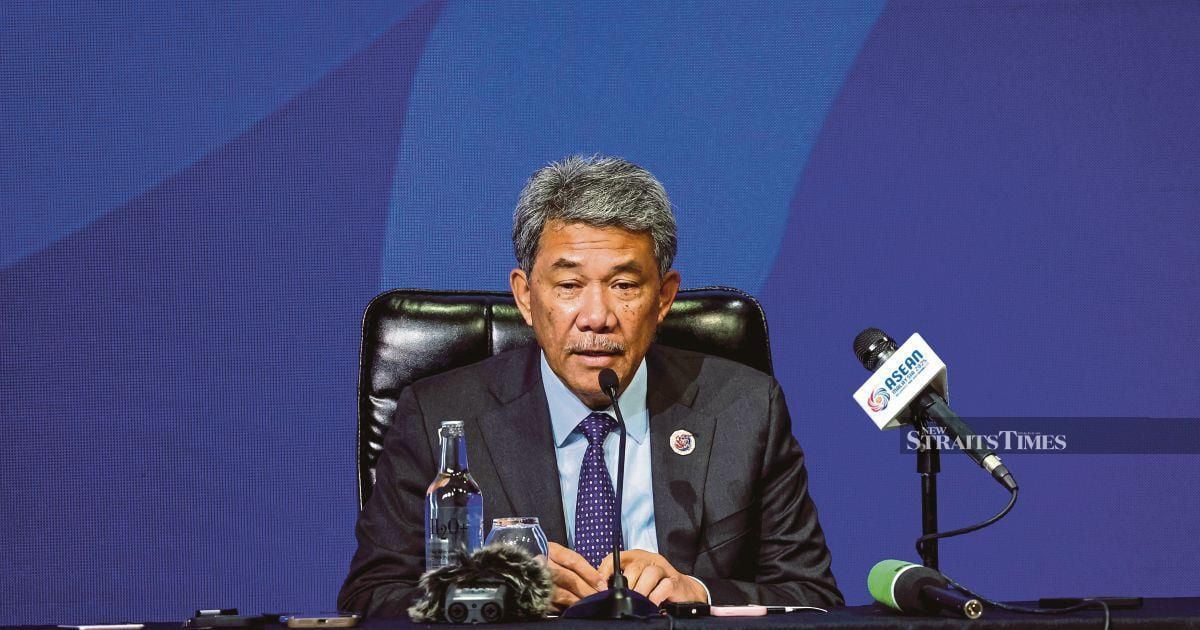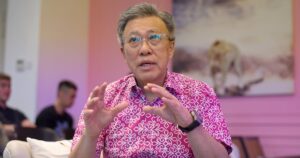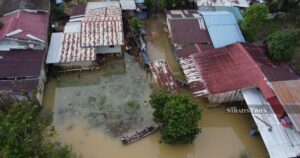KUALA LUMPUR: Asean senior officials will further deliberate and refine the proposal to revise the term for the Special Envoy of the Asean Chair to Myanmar.
Foreign Minister Datuk Seri Mohamad Hasan said there was no urgency in the matter, as Asean had agreed that member states should participate and assist whoever assumes the role of special envoy.
“We discussed the special envoy because it was raised during the last Asean Foreign Ministers’ Meeting (AMM) in July.
“There are a few schools of thought on whether to extend it to a fixed tenure of three years or to have a permanent special envoy, but the question is: under our five-point consensus, the special envoy reports to the Asean Chair. If it’s three years, what would we call that? Who would he be responsible to?
“So the senior officials are going to deliberate further, revisit and discuss this matter, but there is no urgency,” he said at a press conference today.
Mohamad said Myanmar remained a fixed agenda item at all Asean meetings.
He added that the AMM today had discussed the situation in Myanmar, reaffirming that the Five-Point Consensus remains the main reference in addressing the issue.
On Myanmar’s elections, he said the meeting agreed that the polls must be fair, transparent, inclusive and credible, with senior officials tasked to monitor the process.
“The special envoy has a very big task in reporting the situation there. For us, we remain firm that these elections must be fair, transparent and inclusive.
“It is quite difficult for Asean to recognise the election, which is why we encourage the government to hold dialogue with stakeholders and allow their participation,” he said.
On the proposal to send an Asean observers team for the elections, he said the matter would also be further deliberated at the senior officials’ level.
Mohamad said the meeting also emphasised the need to strengthen collaboration with the AHA Centre to ensure humanitarian assistance reaches those most in need, in line with Asean’s humanitarian principles.
“We appreciate the contributions of Asean member states, external partners such as the United Nations, and the private sector in alleviating the humanitarian situation in Myanmar.
“We also addressed the serious threat of transnational crimes emanating from Myanmar to the region,” he added.
Mohamad today chaired the AMM, the 30th Asean Political-Security Community (APSC) Council Meeting and the 37th Asean Coordinating Council (ACC) Meeting. He also co-chaired the Asean Joint Foreign and Economic Ministers’ Meeting.
Other events included the Ceremony of Depositing the Instrument of Accession to the ASEAN Charter by Timor-Leste, the Ceremony of Depositing the Instrument of Accession to the SEANWFZ Treaty by Timor-Leste, and the Signing Ceremony of the Instrument of Accession to the Treaty of Amity and Cooperation in Southeast Asia (TAC).
During the AMM, Mohamad said, ministers reiterated their shared commitment to advancing Asean community building, with a stronger focus on implementation.
“They also underscored the importance of strengthening Asean unity and centrality in engagement with external partners through various Asean-led mechanisms,” he said.
At the APSC meeting, he added, ministers adopted the report of the APSC Council to the 47th Asean Summit and endorsed the end-term review report on the APSC Blueprint 2025.
“We underscore Asean’s collective efforts in building trust among security agencies, strengthening cooperation in combating transnational crimes, upholding the rule of law, and ensuring that the protection of human rights remains central to Asean’s community-building efforts,” he said.
He added that the ministers also adopted the Asean Blue Economy Implementation Plan 2026-2030.
© New Straits Times Press (M) Bhd






